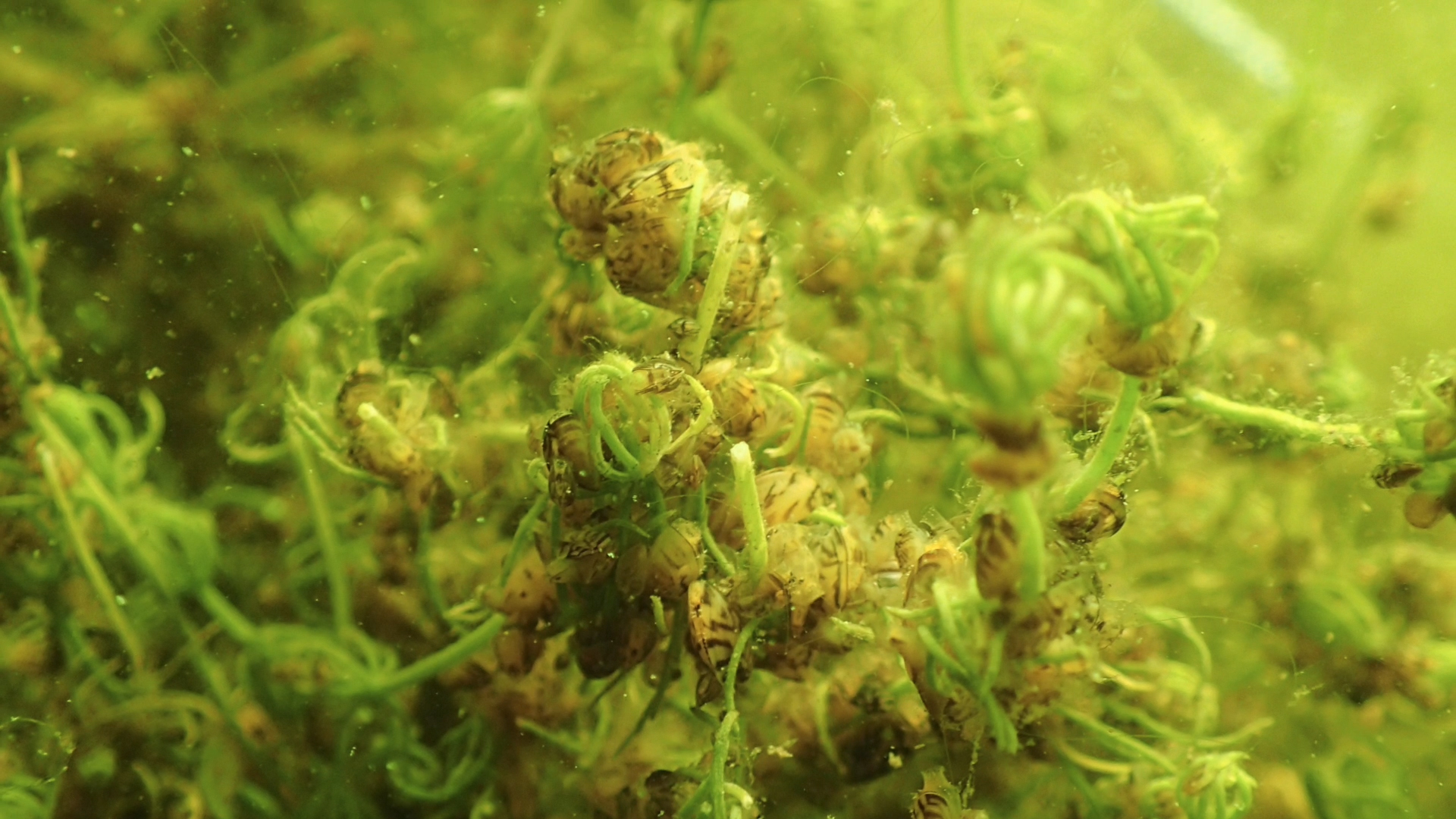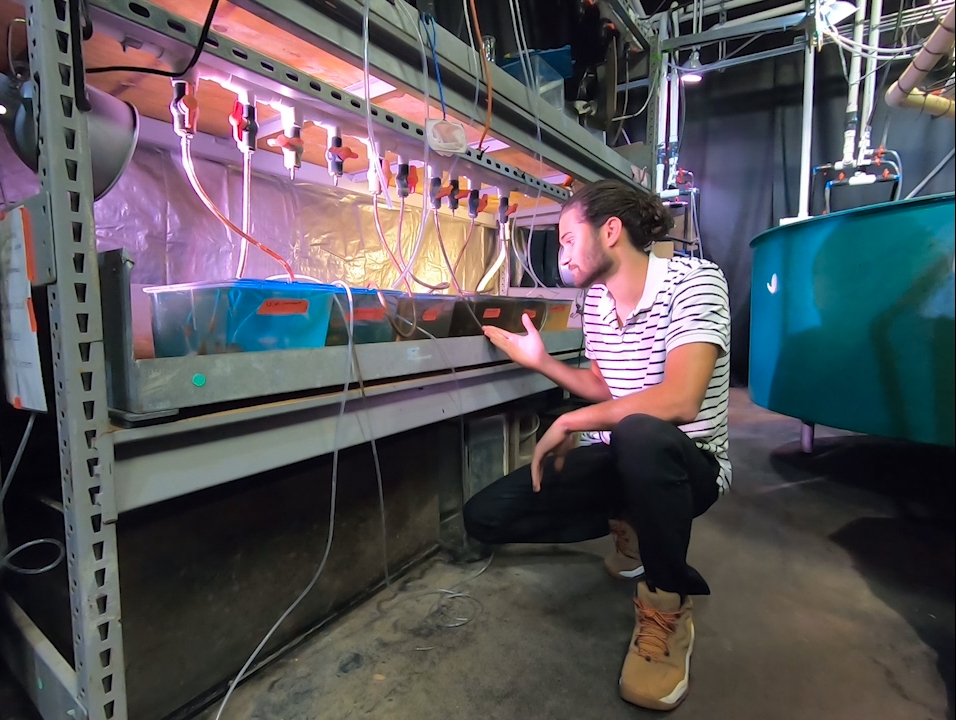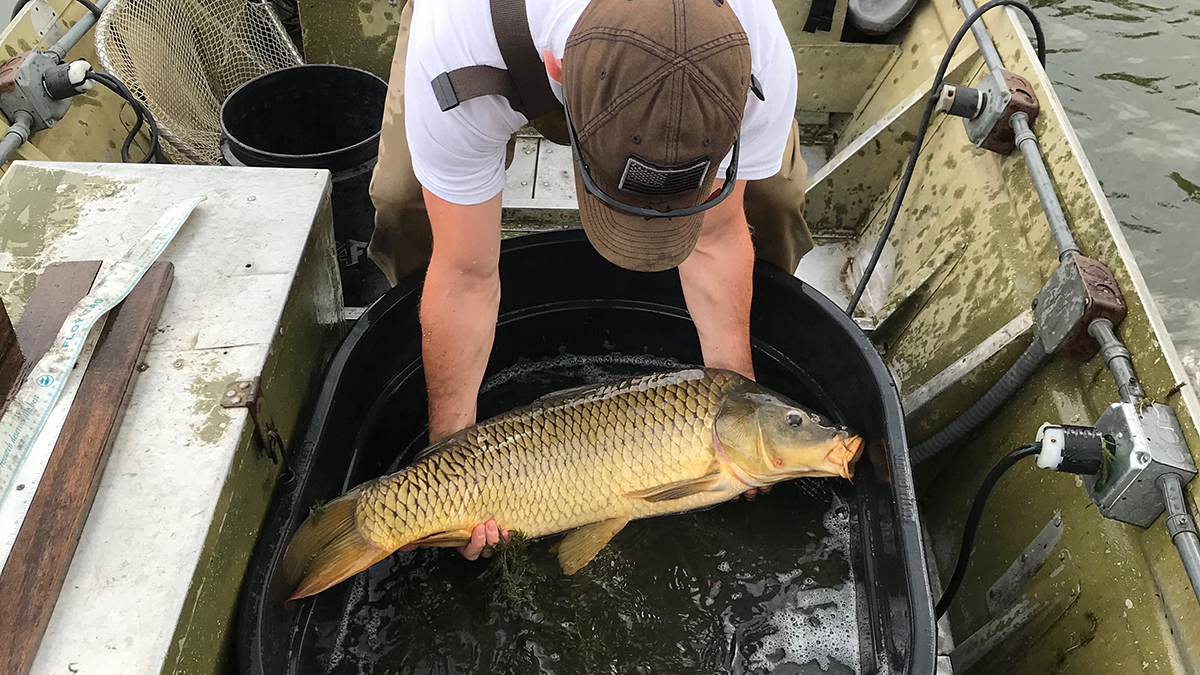January 01, 2022
MAISRC Projects Launching in 2022
|
|
Phase III: Validating Multibeam Sonar for Early Detection of Zebra Mussels This project is a continuation of a laboratory study, Phase I, and a field study, Phase II, to test the feasibility of detection and mapping of mussels and their supporting substrates from a moving vessel using multibeam sonar. Phase III will apply the methods developed in Phases I and II to 1) create maps of substrate and relative mussel densities in two different water bodies at a large scale (~0.5 km 2 ) and 2) develop user-ready protocols and tools for translation of the research results to practice. Learn more about this project > |
|
|
Phase III: Genetic Control of Invasive Fish Species This project focuses on a novel method of biocontrol for common carp that will complement existing technologies by introducing a synthetic species-like barrier to reproduction. In Phase III, researchers will test implantation of immature primordial germ cells and embryonic stem cells into the gametes of sterile adult fish as a means to bypass the 12- to 18-month developmental time for juvenile carp. Researchers will also perform a formal Technology Readiness Assessment with international stakeholder research groups. Learn more about this project > |
|
|
Phase IV: Acoustic Conditioning in Common Carp to Accelerate Removal and Reduce Cost Researchers will test if the invasive common carp can be conditioned (trained) to associate sound with bait so that more of them aggregate at the bait and from larger areas to enhance physical removal strategies. There is a need for effective, safe, selective and scalable technologies for removing common carp from lakes. Currently, simple bait- and-remove strategies can remove 20-40% of carp in one season. However, the efficacy of these strategies may be significantly increased by using acoustic conditioning to ensure that carp aggregations at the bait are more synchronized and that more carp are attracted to the bait from larger areas. Learn more about this project > |



